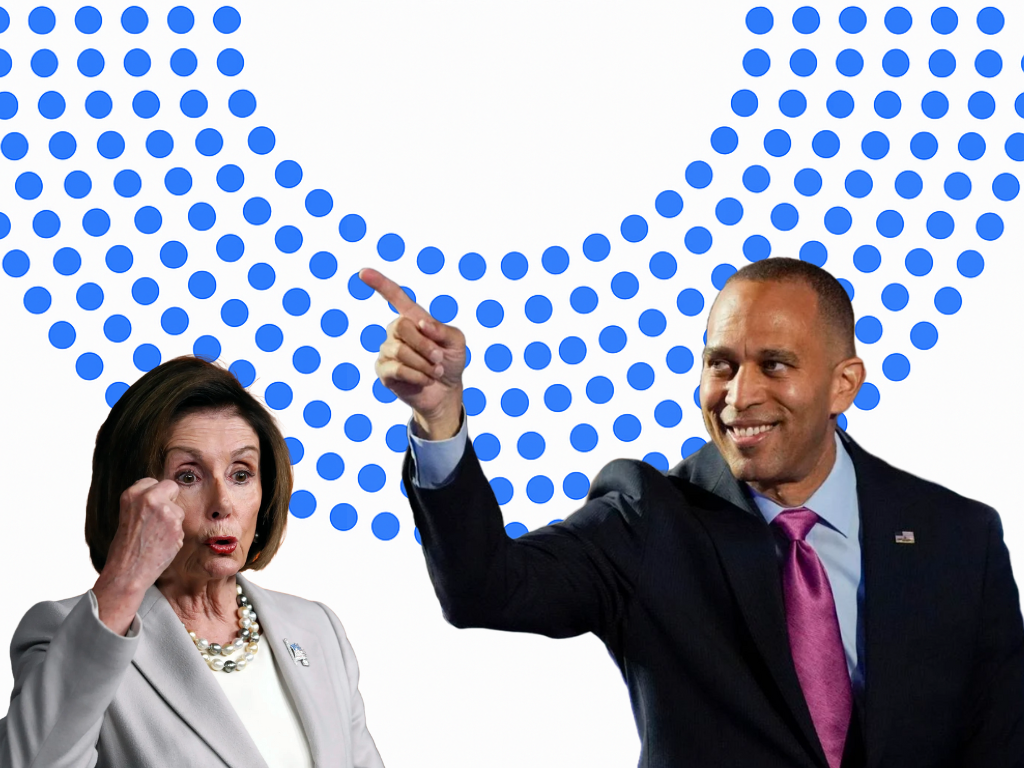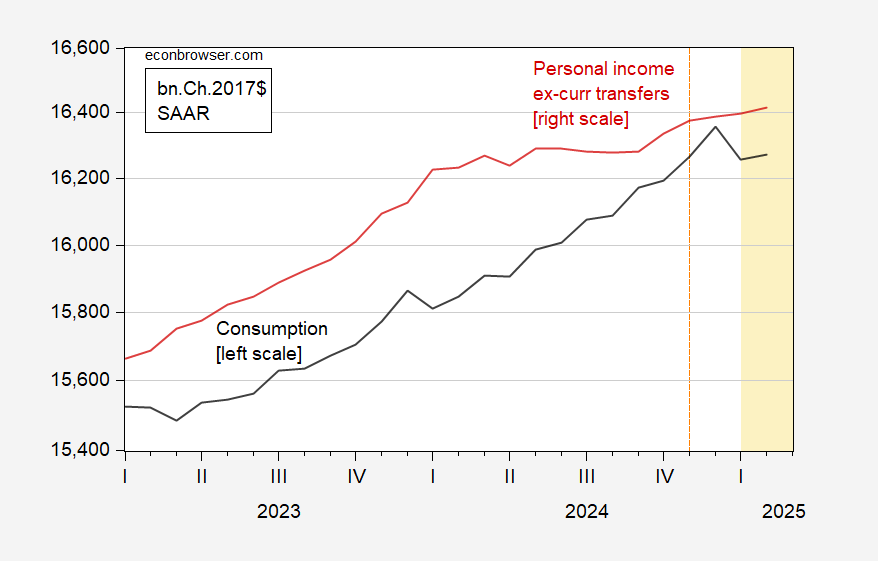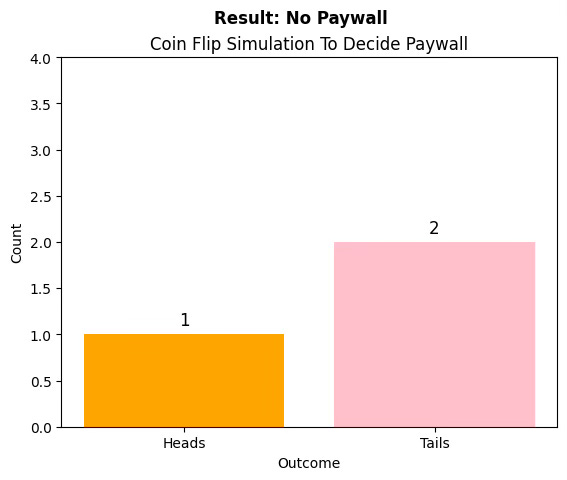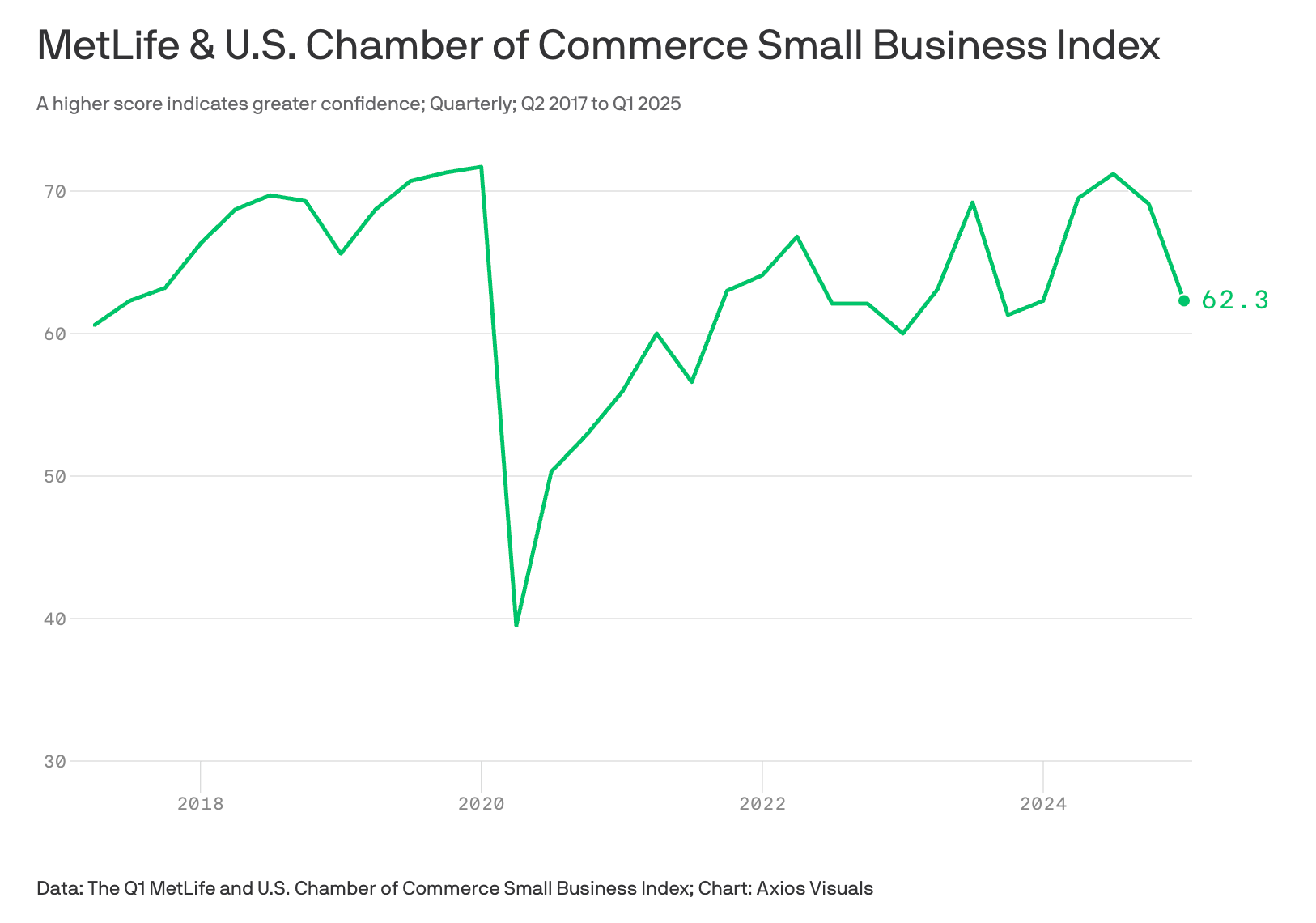2861. AI Discovers New Uses for Old Drugs
Alex Tabarrok discusses how AI is uncovering new applications for existing drugs, highlighting advantages and challenges in drug repurposing and FDA regulations.
your daily dose of economic commentary
Alex Tabarrok discusses how AI is uncovering new applications for existing drugs, highlighting advantages and challenges in drug repurposing and FDA regulations.

Paul Krugman discusses the limited role of trade deficits in U.S. deindustrialization, emphasizing that other factors are more significant in the decline of manufacturing.

Construction spending increased in February 2025, with both private and public sectors showing growth compared to previous months and year-over-year figures.
An argument that misconceptions about the Office for Budget Responsibility's role in fiscal policy overlook its independence and the broader context of economic decision-making since 2010.

Bill McBride discusses the decrease in job openings to 7.6 million in February, highlighting labor market trends and statistics from the BLS report.

Greg Rosalsky discusses the controversy surrounding Girl Scout cookies and how it reflects a broader decline in trust towards American institutions.

A Martínez discusses the increase in billionaires globally, highlighting that they now exceed 3,000 and possess a combined wealth of $16.1 trillion.
Tyler Cowen reflects on his transformative experience living in Freiburg, Germany, and the personal decisions that shaped his academic and cultural journey.

An argument that Mexico's move to elect judges aims to enhance court integrity but raises concerns about judicial independence and impacts on businesses.

The post discusses the potential for Democrats to retake the House of Representatives, analyzing special elections and Republican underperformance in recent contests.

Max Molden discusses the role of economists in society, emphasizing their duty to provide advice based on citizens' preferences rather than imposing their own judgments.

An argument that the AI market ecosystem encompasses various components including hardware, cloud computing, training data, and foundation models, highlighting key players and market dynamics.

An argument that rising income excluding current transfers leads to a decline in aggregate consumption, influenced by tariff-induced front-loading in December.

The post reflects on the author's intellectual journey with causal inference and difference-in-differences, highlighting personal insights and challenges in understanding econometric concepts.

The post critiques the misunderstanding of tariffs and their economic implications, highlighting the dangers of protectionist policies and the need for sound economic reasoning in political decisions.

Pedro Franco discusses Brazil's successful aircraft manufacturer Embraer, highlighting its industrial policy and contrasting it with the Zona Franca of Manaus as a cautionary tale.

Alex Tabarrok argues for selling underutilized federal lands, including Floyd Bennett Field, to raise funds and improve land efficiency amid a housing crisis.

Jadrian Wooten discusses how rising egg prices led some consumers to prefer organic and specialty eggs, altering perceptions of value despite conventional eggs becoming cheaper again.

An argument that small business owners mistakenly support Republicans, particularly Trump, despite evidence showing that Democratic policies are better for business and economic stability.
Robert Vienneau discusses Duncan Foley's critique of general equilibrium theory and its distinction from neoclassical economics, emphasizing the lack of substantive economic intuition.